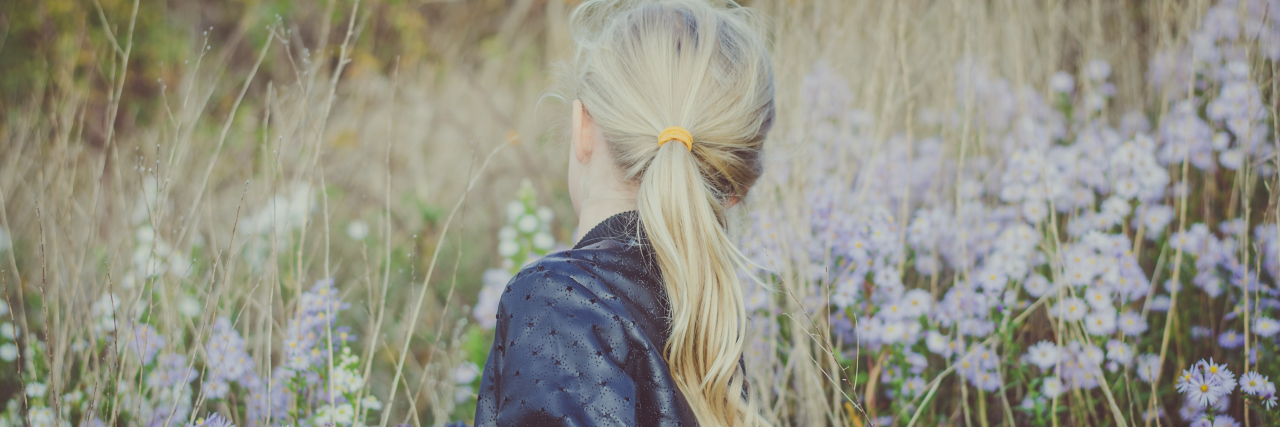All my growing up years, I had a classmate whose family’s religious convictions kept her from attending field trips and class parties. Something I didn’t understand as a kid, but it was filed alongside dozens of other adult things I didn’t understand. So somehow, I just considered it outside my sphere of knowing, and I was fine with that.
In fourth grade, our highly anticipated and much-discussed class trip to the zoo was cancelled because of rain. I remember glancing at this classmate after the announcement, and realizing this had been her disappointment every time, year after year.
I wish I could say after that day I saw special class events through her eyes, that I made an effort to include her during every day recess, that I expressed a renewed gratitude for my own freedoms.
I did none of those things.
This pandemic has caused me to recall my classmate and that ill-fated zoo field trip. Except this time, the tables have turned. I’ve been the restricted one. And the rest of the freedom-loving world have had all their parties and field trips cancelled.
Over the past year life has slowed down to meet me, and honestly, as a person dealing with chronic illness, something about that felt a little right (did my classmate secretly celebrate when she didn’t have to spend the field trip day in the library alone?).
Granted, COVID dealt me a full share of disappointments: 10 months without seeing my young adult children, cancelled graduations and family vacations, my husband suffering through COVID, burying both parents without proper funerals.
But even with all of that heartache, I am somewhat resistant to a return to life as it was. To be fair, not much of my own life will change on the other side of the pandemic. Although most of the world is anxious to lift the rules that restricted activity, many of us know that precious little will actually improve in our medically-limited lives. With congestive heart failure, I rolled back my life and expectations years ago.
What did change during the pandemic is that my family, my friends, and my community started to look a little more like me. Gatherings were unattended, physical meetings were missed, meals were prepared and eaten at home, shopping happened only online, more sleep took the place of daily commutes. Life decelerated into my slow lane.
While most of the world suffered through these COVID limitations and cancellations, I have felt understood. I have felt camaraderie. I have felt seen. Not unlike my classmate must have felt as the entire class remained at school that field trip day.
So, in ways I may never admit in public, I will miss this repulsive pandemic that seemed to level us all. And I feel a little worried about the heroic vaccine rollout breaking up the club. What happens when we go back to the way we were? Will we be the way we were?
Some of us will continue to live with illness surrounding and driving our lives. We will still be missing all the field trips. And we wouldn’t wish our prolonged limitations on everyone. But what about the healthy population who has temporarily dipped their toe into our world?
Will the fit and well have more empathy for those of us who struggle every day?
Will those with unlimited options remember people forced to make calculated daily choices?
Will healthy calendars return to 110% capacity, or will they clear space for the rest that afforded balanced conversation?
Will a more manageable pace be the norm, or will the mainstream world move at even greater speed to make up for lost time?
The COVID-19 pandemic has been ugly, and ruthless, and I will do my part to end it as soon as possible. But not everything about it will seem a good riddance. So, as the world morphs back into its former self, I’m calling on the healthy world to rectify the shortcomings of my fourth grade self:
To ensure that the illness that ran rampant through our communities and homes will leave behind a trail of empathy for those who live every day with limitations.
To see that we never over-expect of those who suffer in ways we cannot see, or understand.
To remember it takes something as small as a virus particle or a few raindrops to put us all on the same global playing field.
Photo credit: KatarinaGondova/Getty Images

